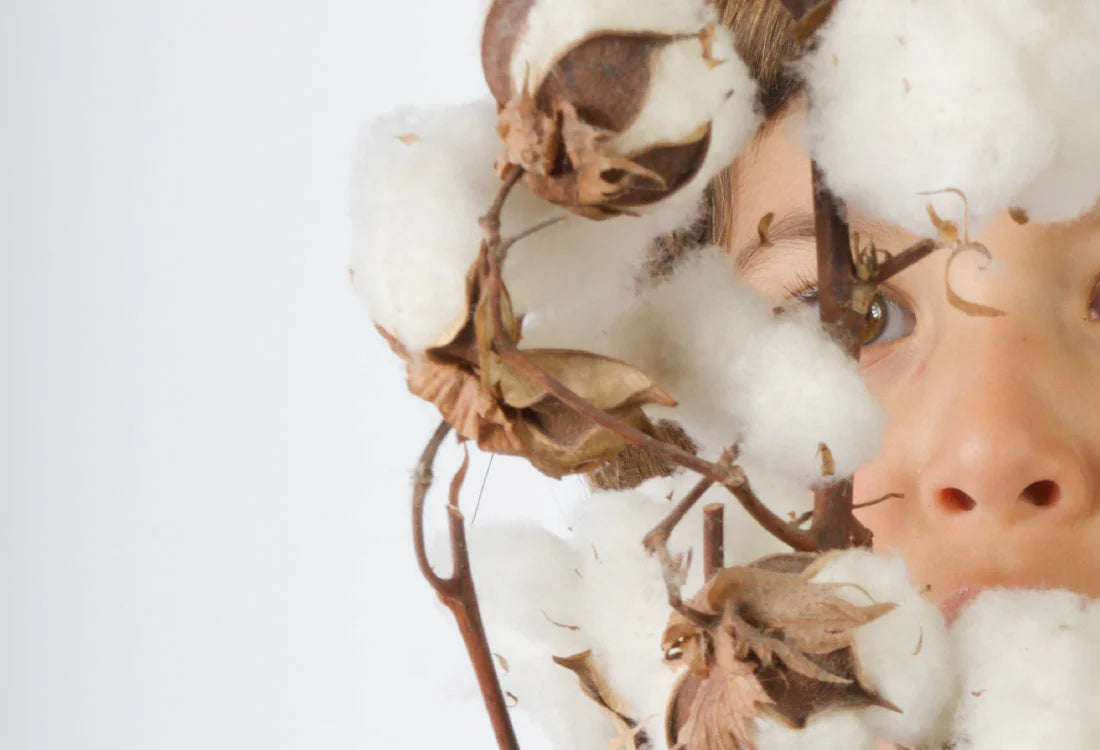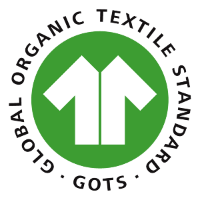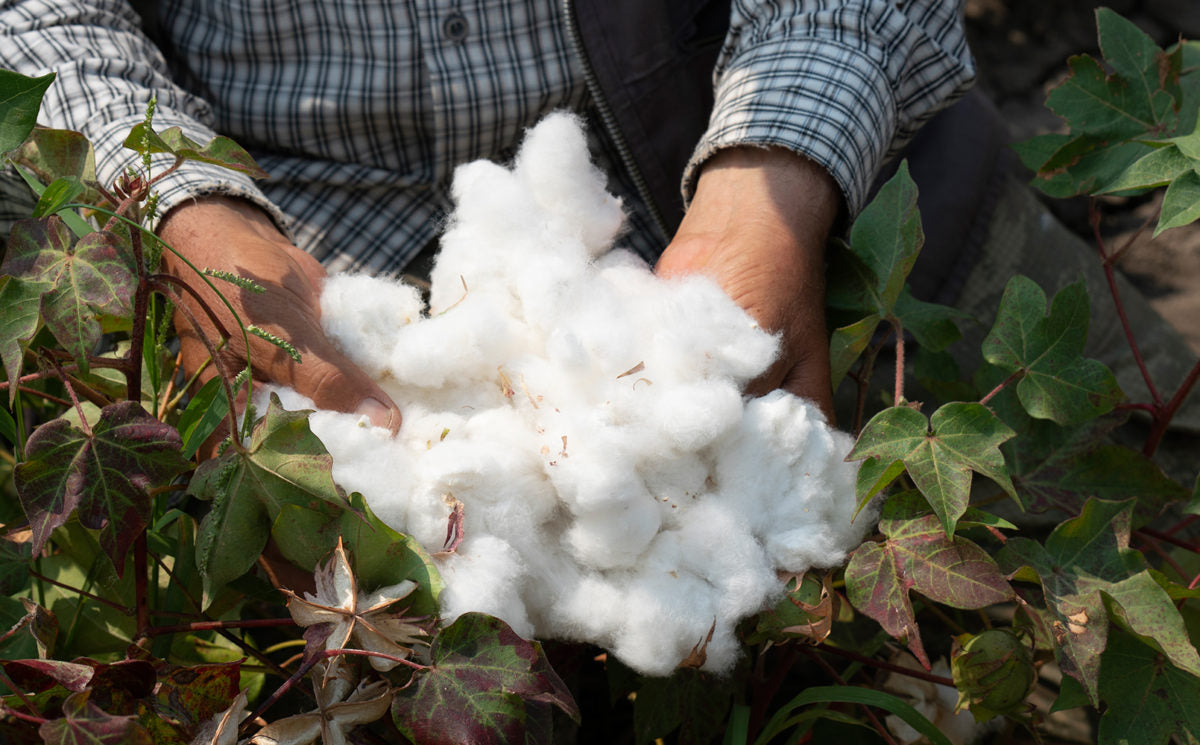
Our Fabric
Why Organic?
Choosing organic cotton is a commitment to a healthier planet and safer practices for people. Unlike conventional cotton, organic cotton is grown without synthetic pesticides, herbicides, or fertilizers, which helps protect soil, water, and biodiversity. Organic farming practices also promote water efficiency and improve soil health, allowing the soil to retain more moisture and sequester carbon—important steps in reducing greenhouse gas emissions.
When organic cotton clothes reach the end of their life, they have a gentler impact on the environment. They decompose more naturally than synthetic fabrics, especially if composted, and can be recycled into new textiles, which reduces landfill waste. By choosing organic, we’re supporting sustainable farming, safer working conditions, and a smaller environmental footprint from beginning to end.
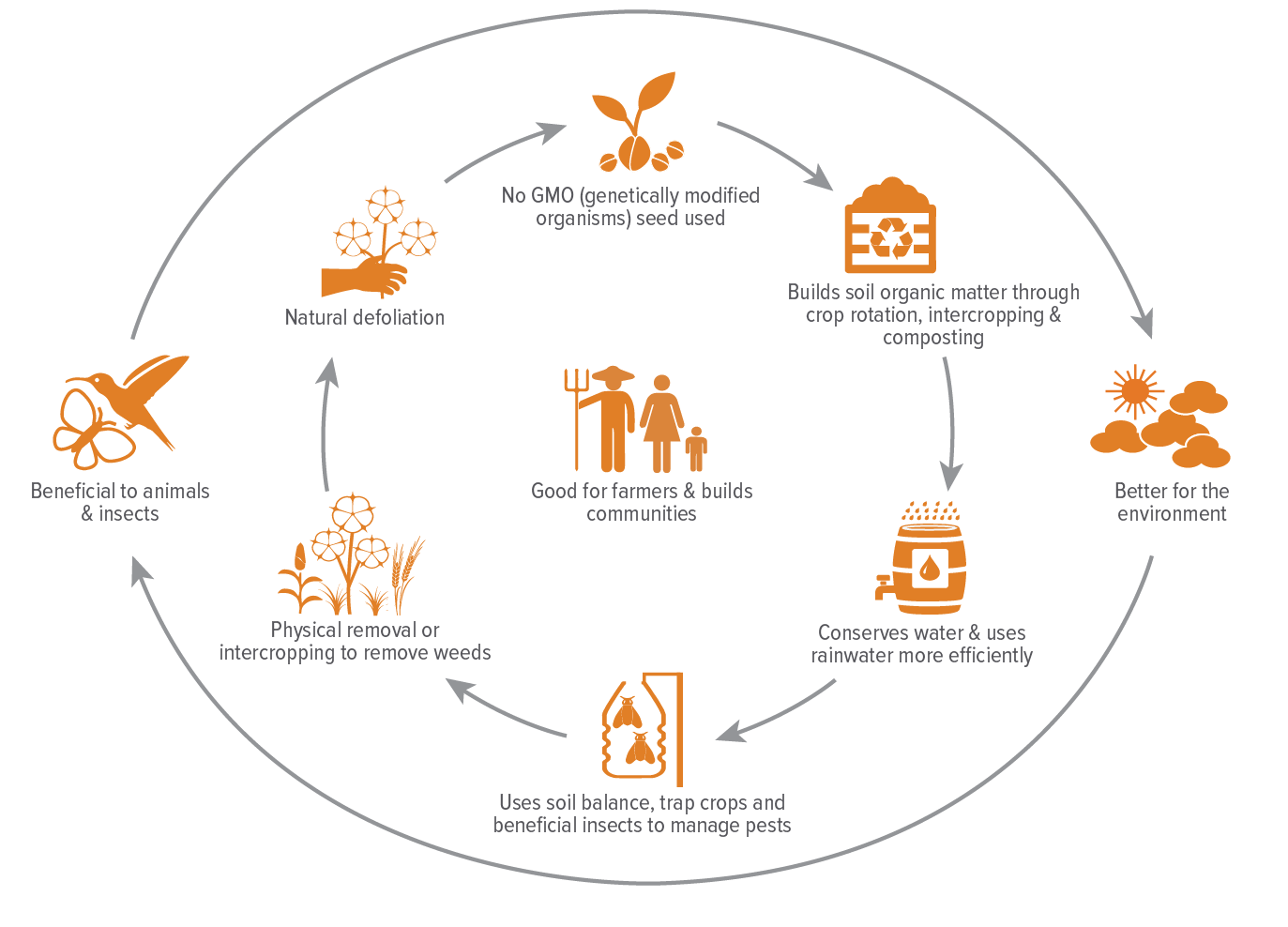
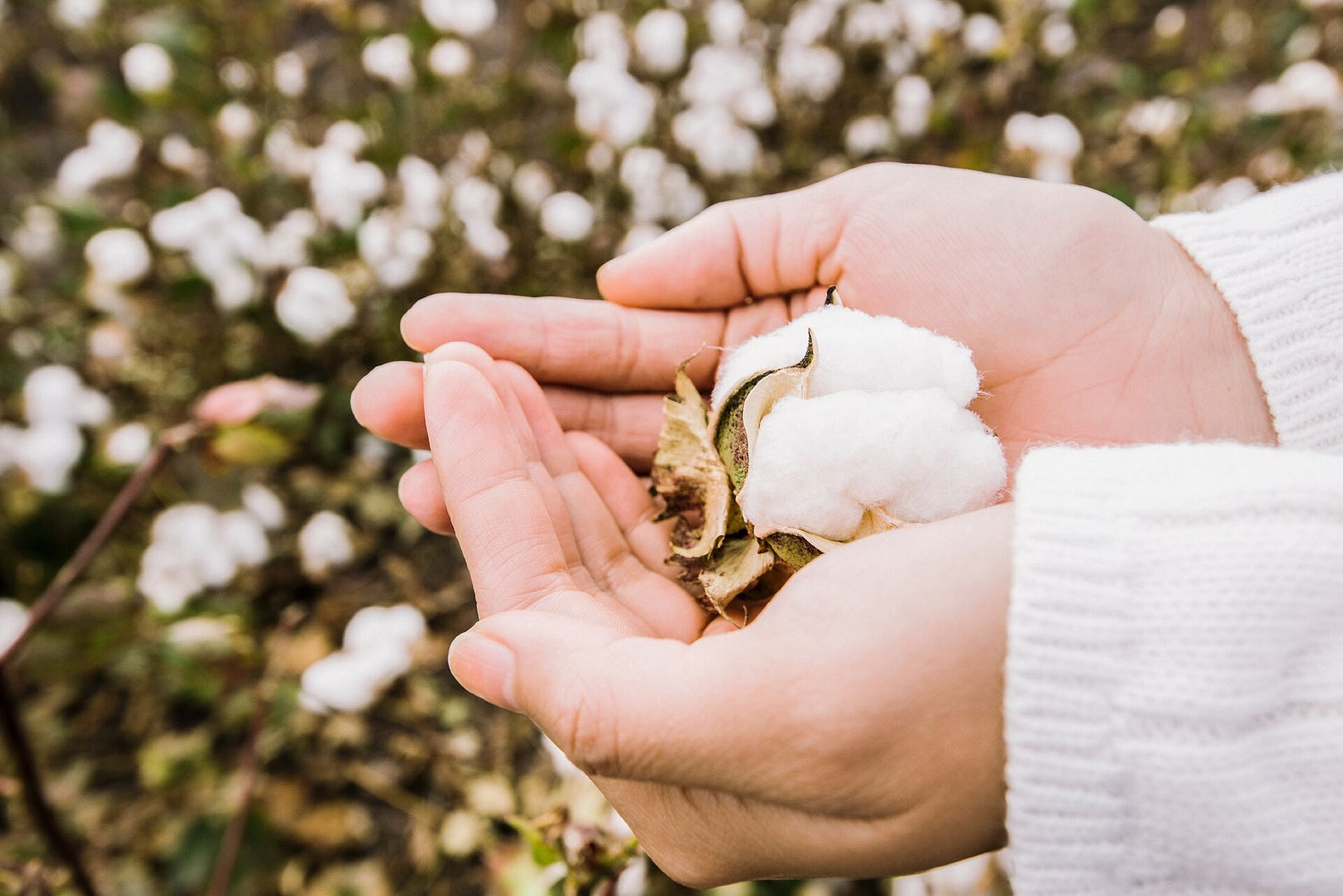
Organic farming products protect us and our world by preventing exposure to pesticide residues that cause illnesses such as asthma and cancer in the long term and pollute our soil, air, water and nutrients. We now know that sustainable agriculture is possible only with the organic farming method, which does not harm the soil.
Since organic agriculture is a production system sensitive to human and environment, it is increasing its importance in our country and in the world.
Sustainable organic agriculture and organic products promise a healthy life for our children and for us in the long term.
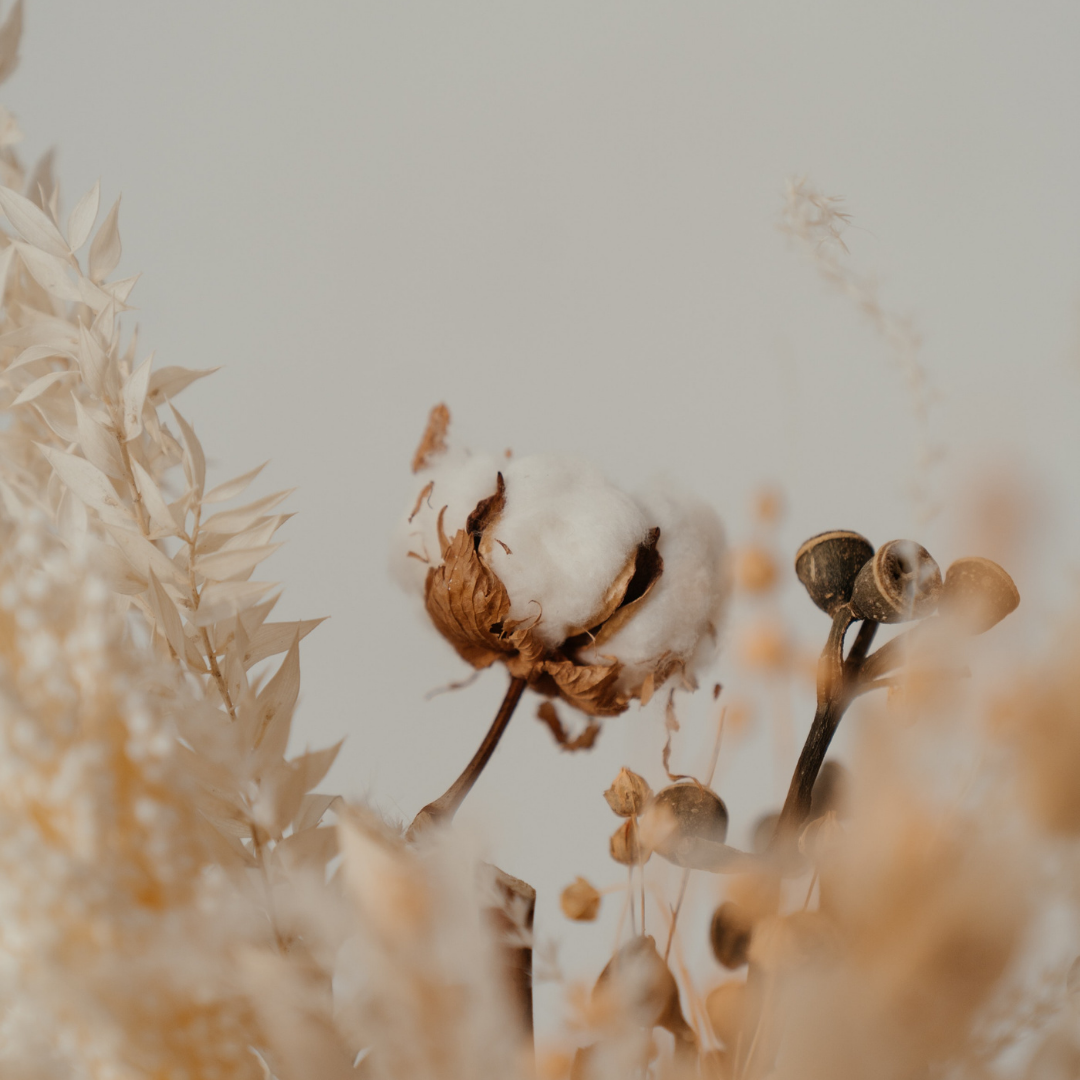
Organic cotton; goes through the stages of yarn processing, dyeing and knitting to be a fabric. As the fabric passes through these stages, it is kept away from other non-organic fabrics, synthetic fiber and also during dyeing it is kept away from dye stabiliser and chemicals harmful to human health. It is approved by international certification bodies that all these procedures are carried out in accordance with the procedures.
Natural peroxide is used for bleaching organic textile products, and heavy metal and sulfur-free dyes are used for colouring. Printing techniques with natural pigment are applied.
Textile production from organic cotton causes 98% less water pollution and 94% less greenhouse gas emissions than conventional methods. It provides more energy and water saving.
By choosing organic, you’re not just investing in a product but in a sustainable future. It's a step towards protecting the planet, supporting ethical practices, and reducing your environmental footprint—because every choice matters.
